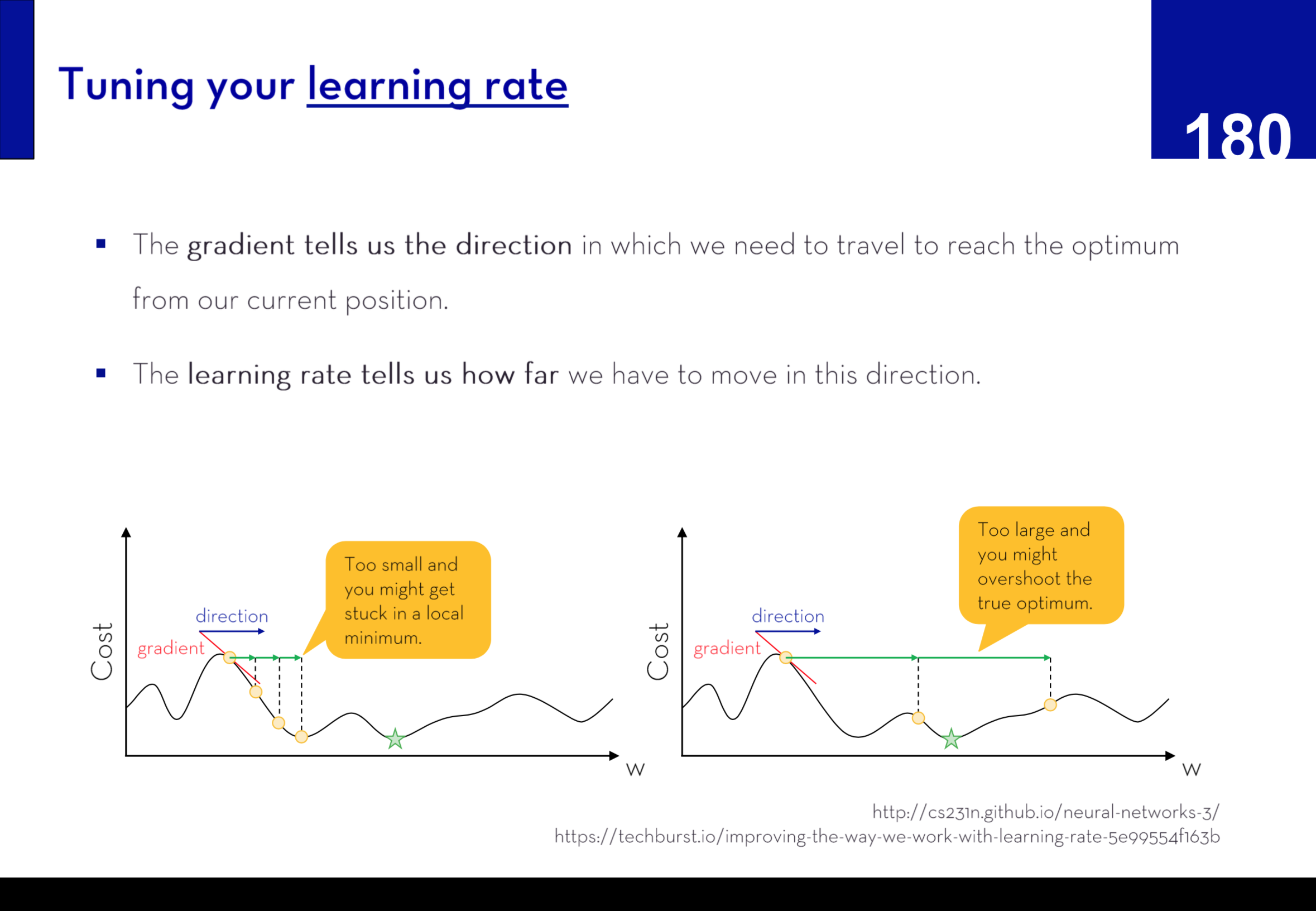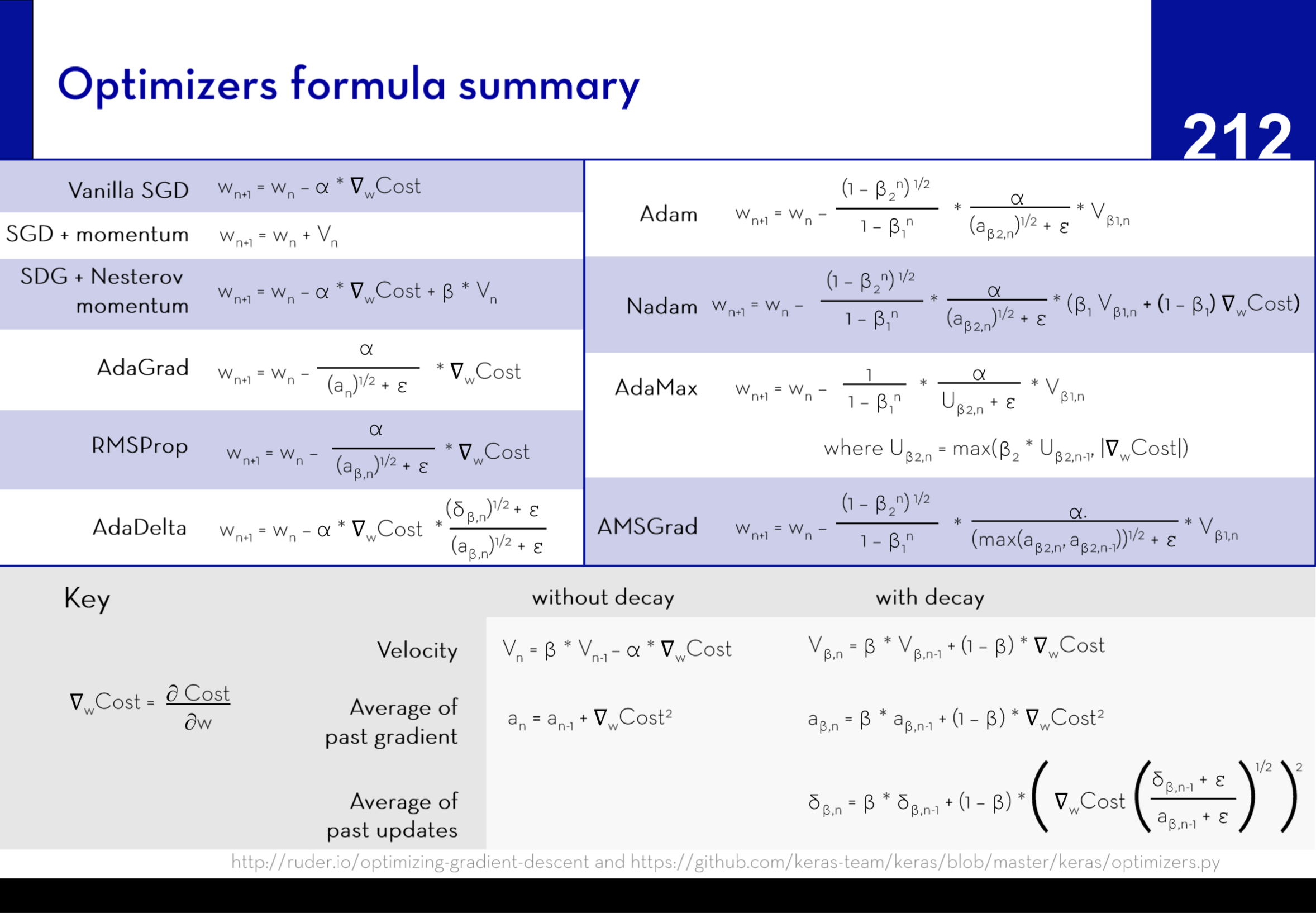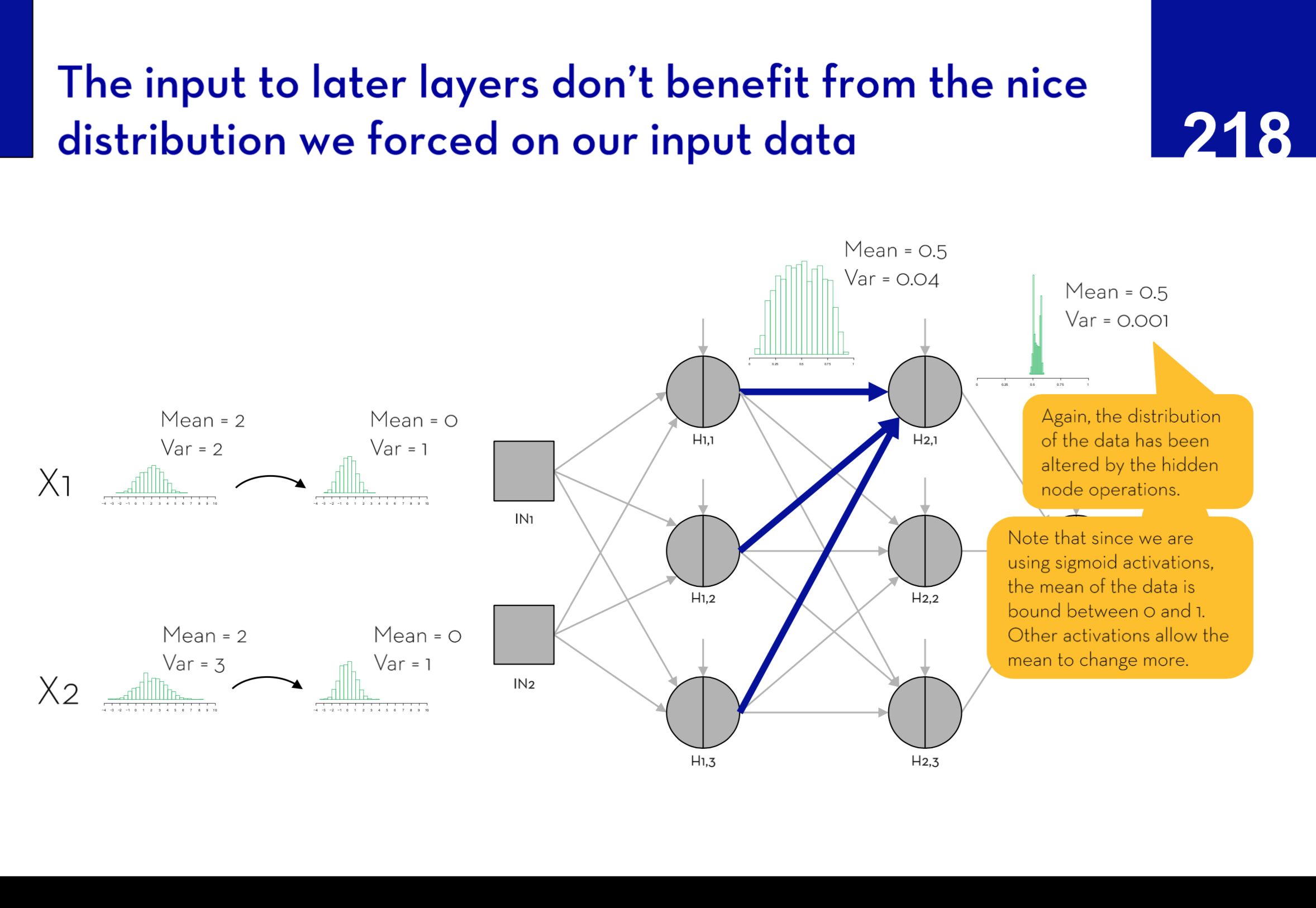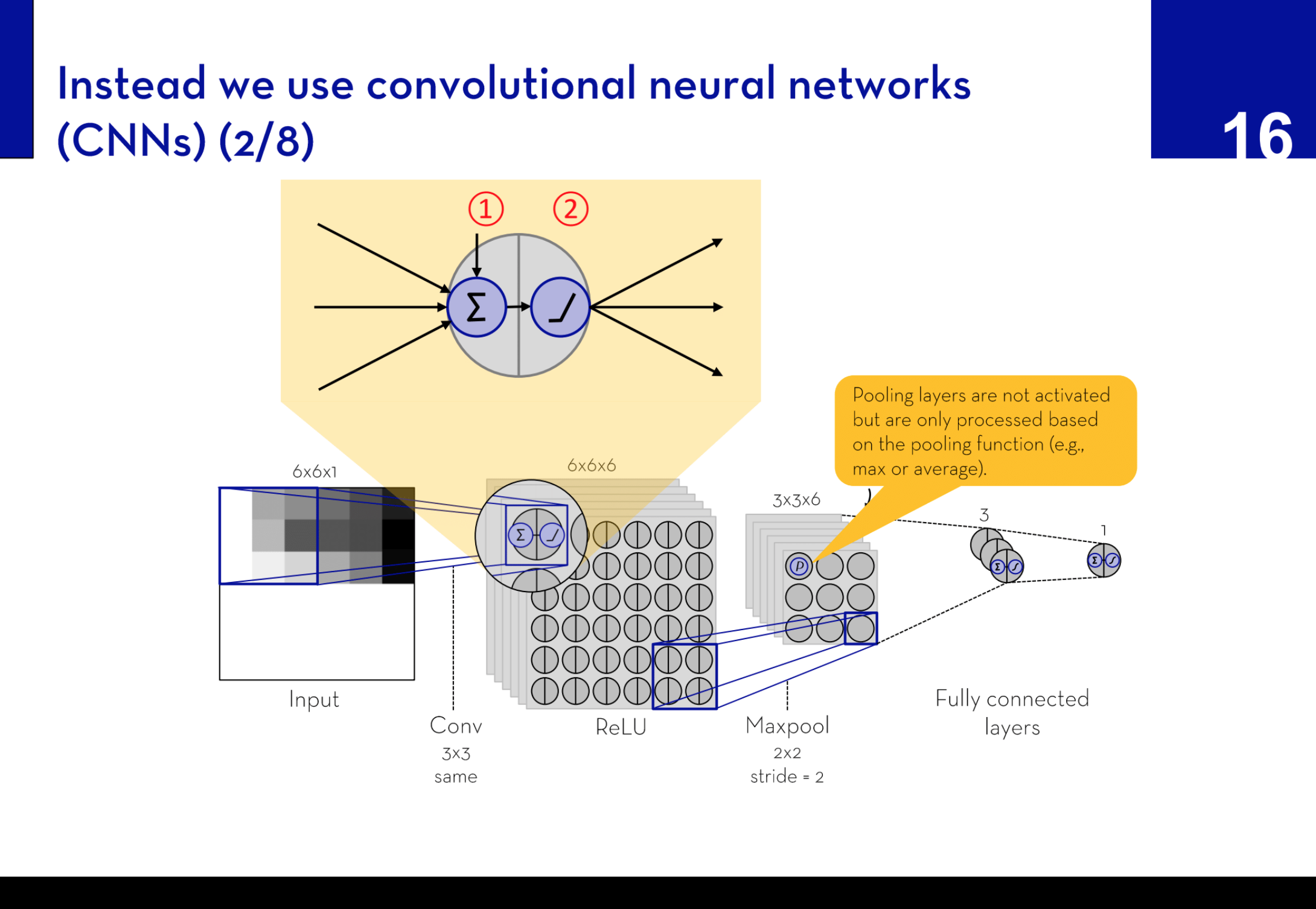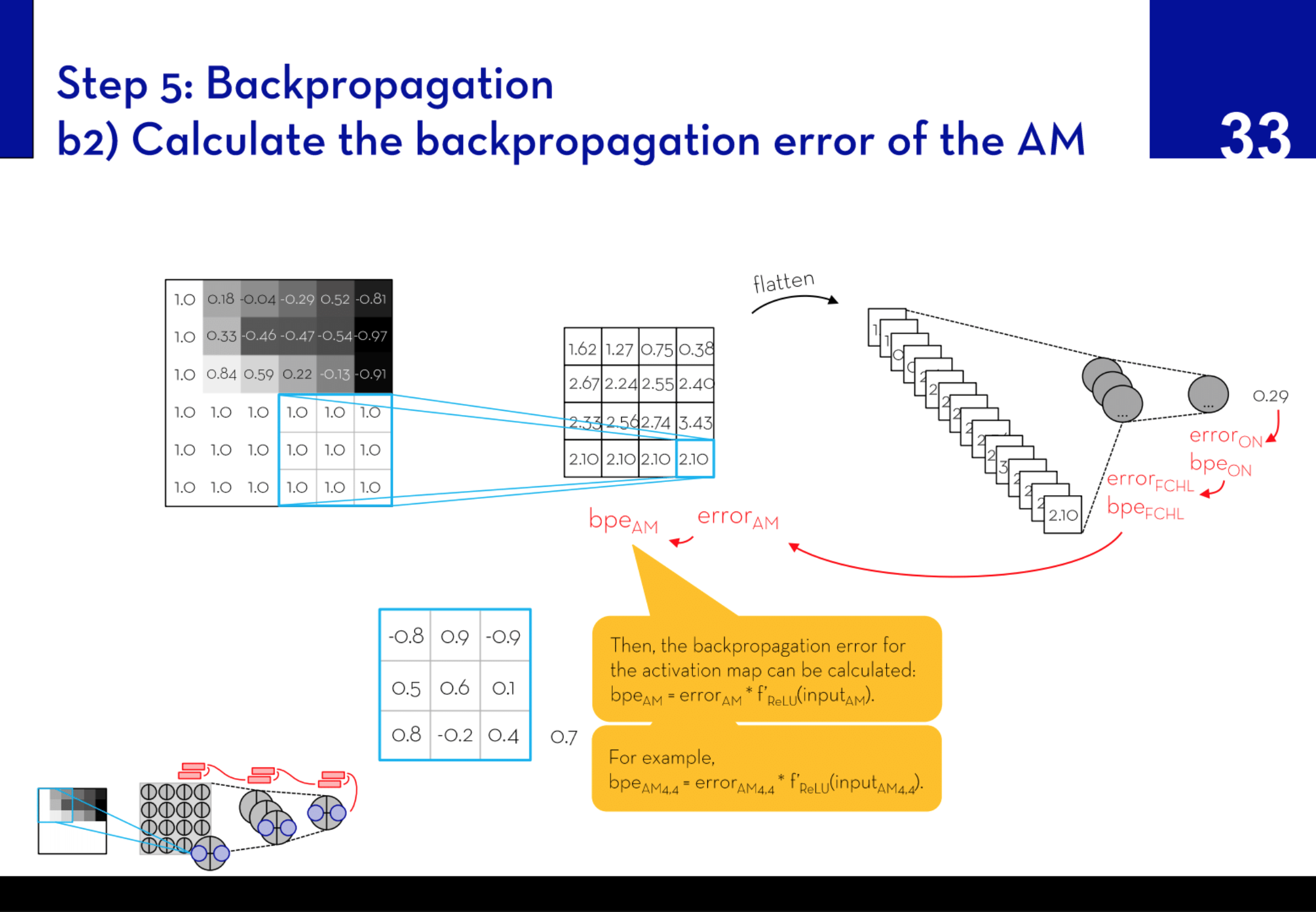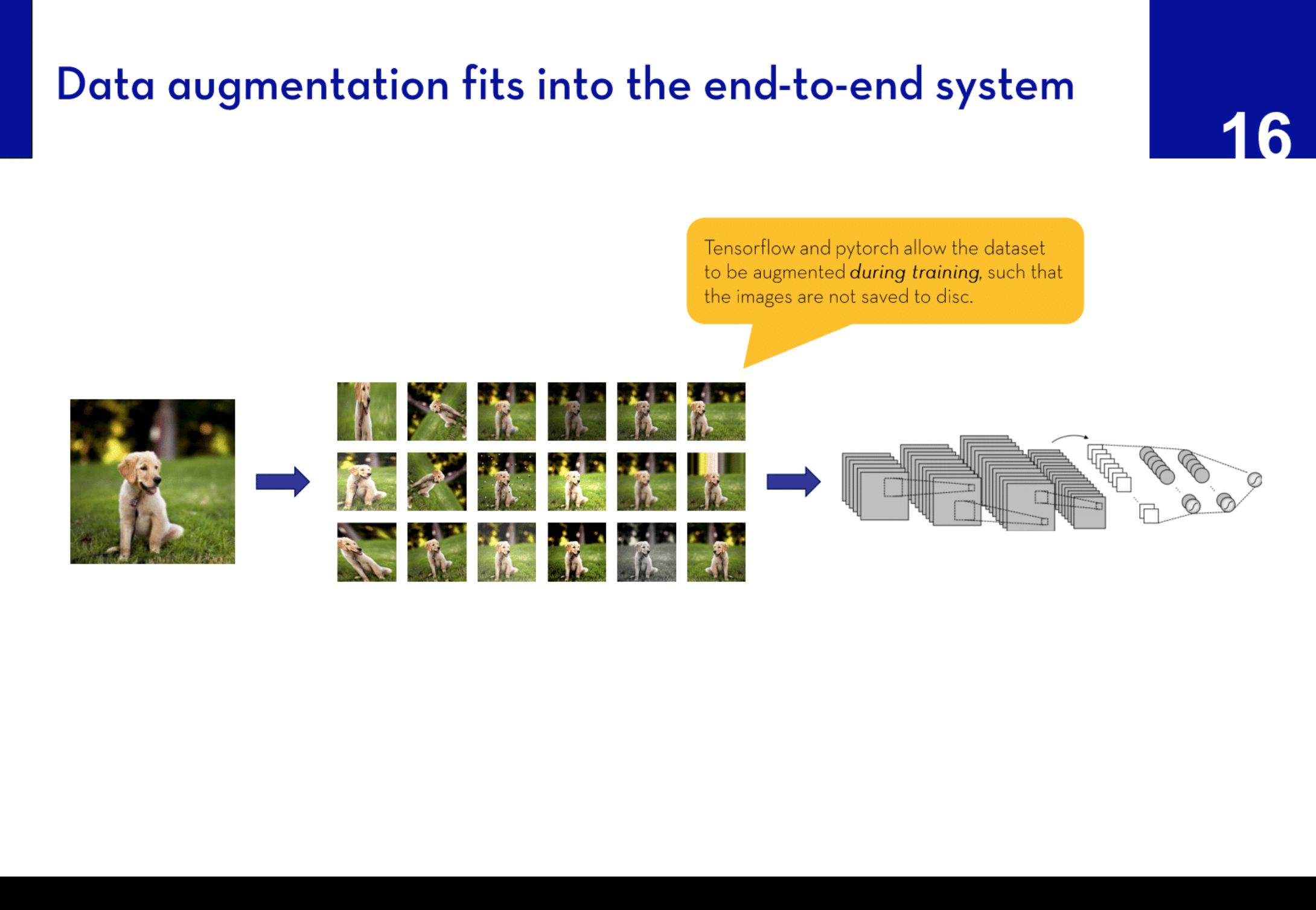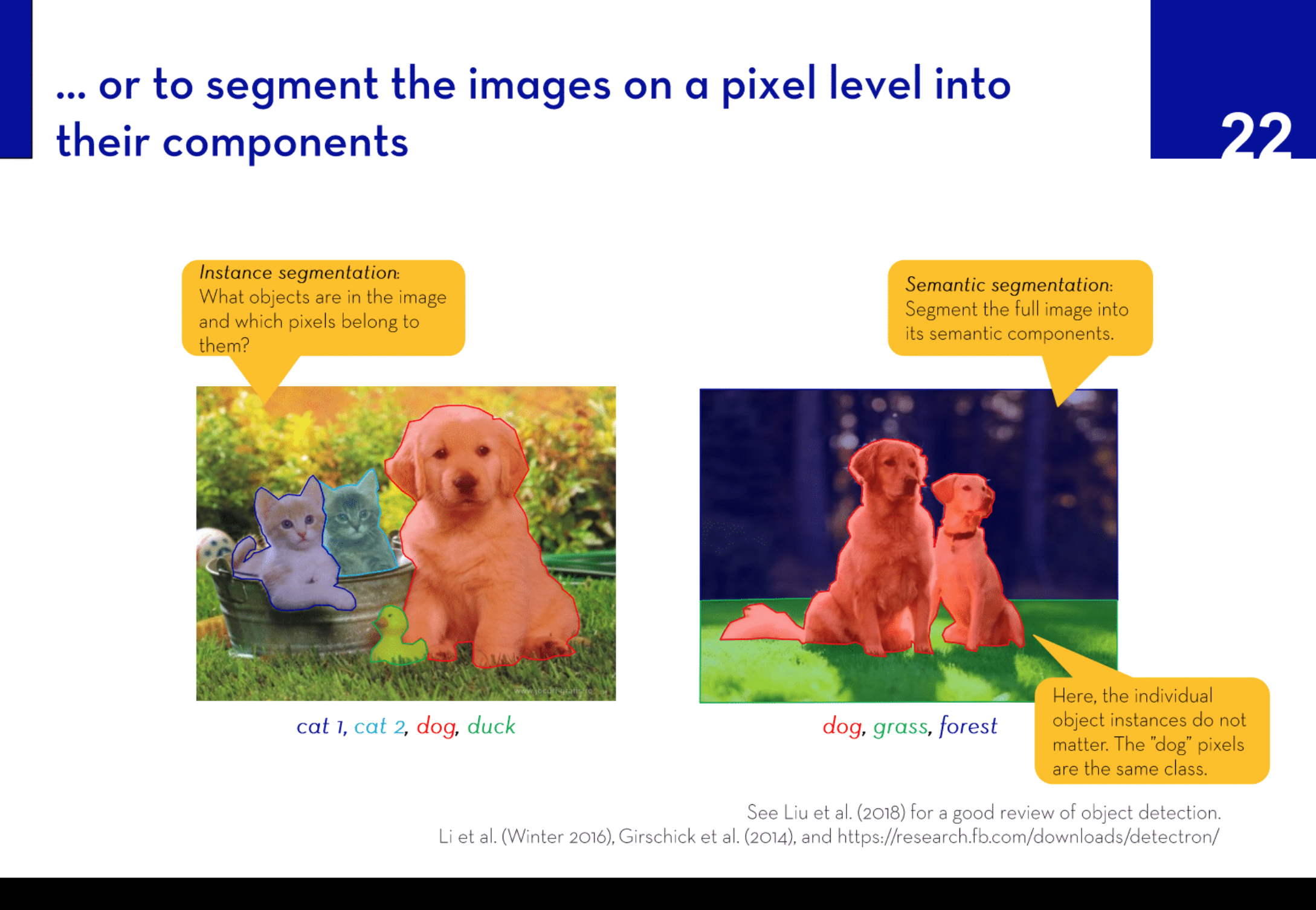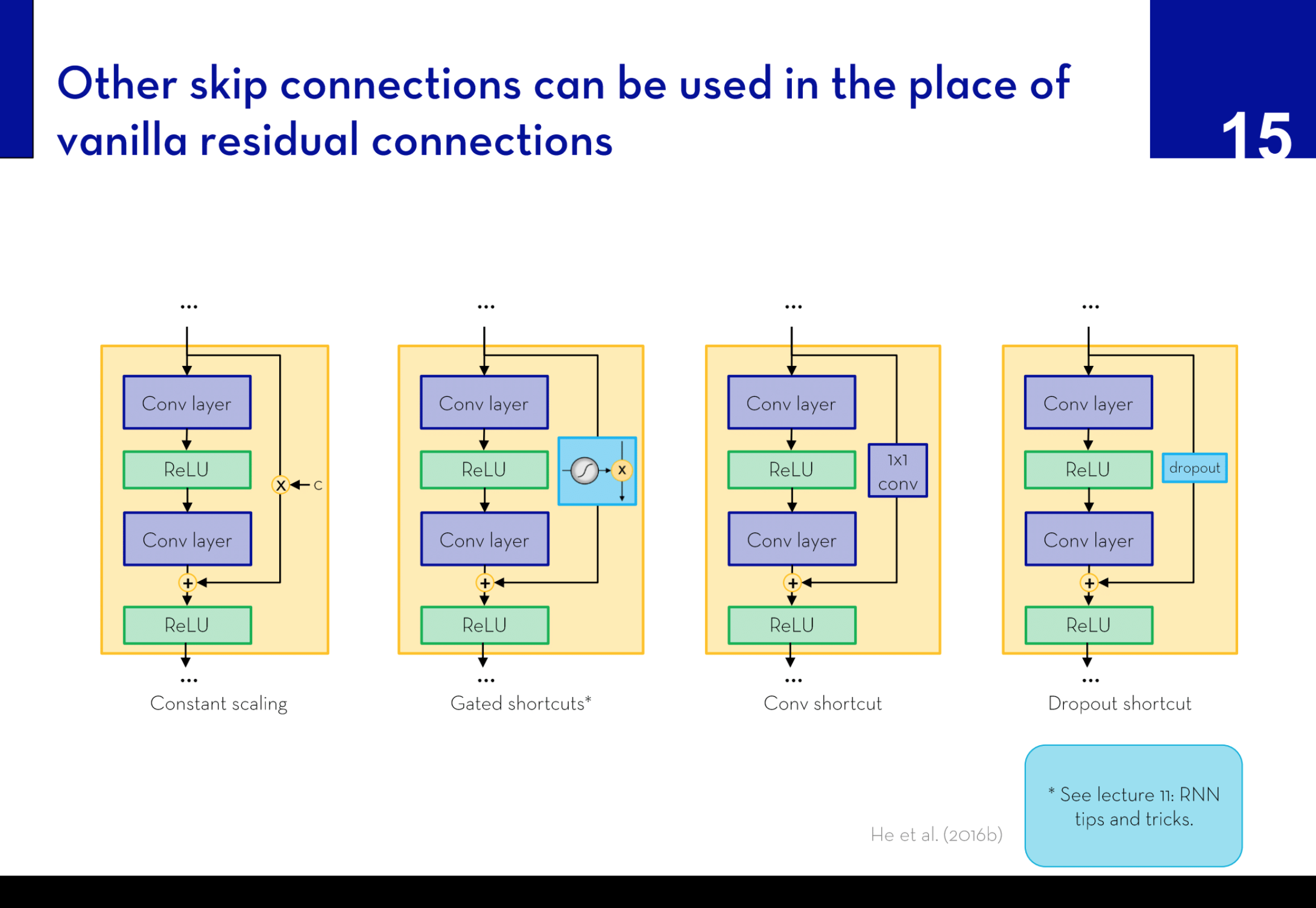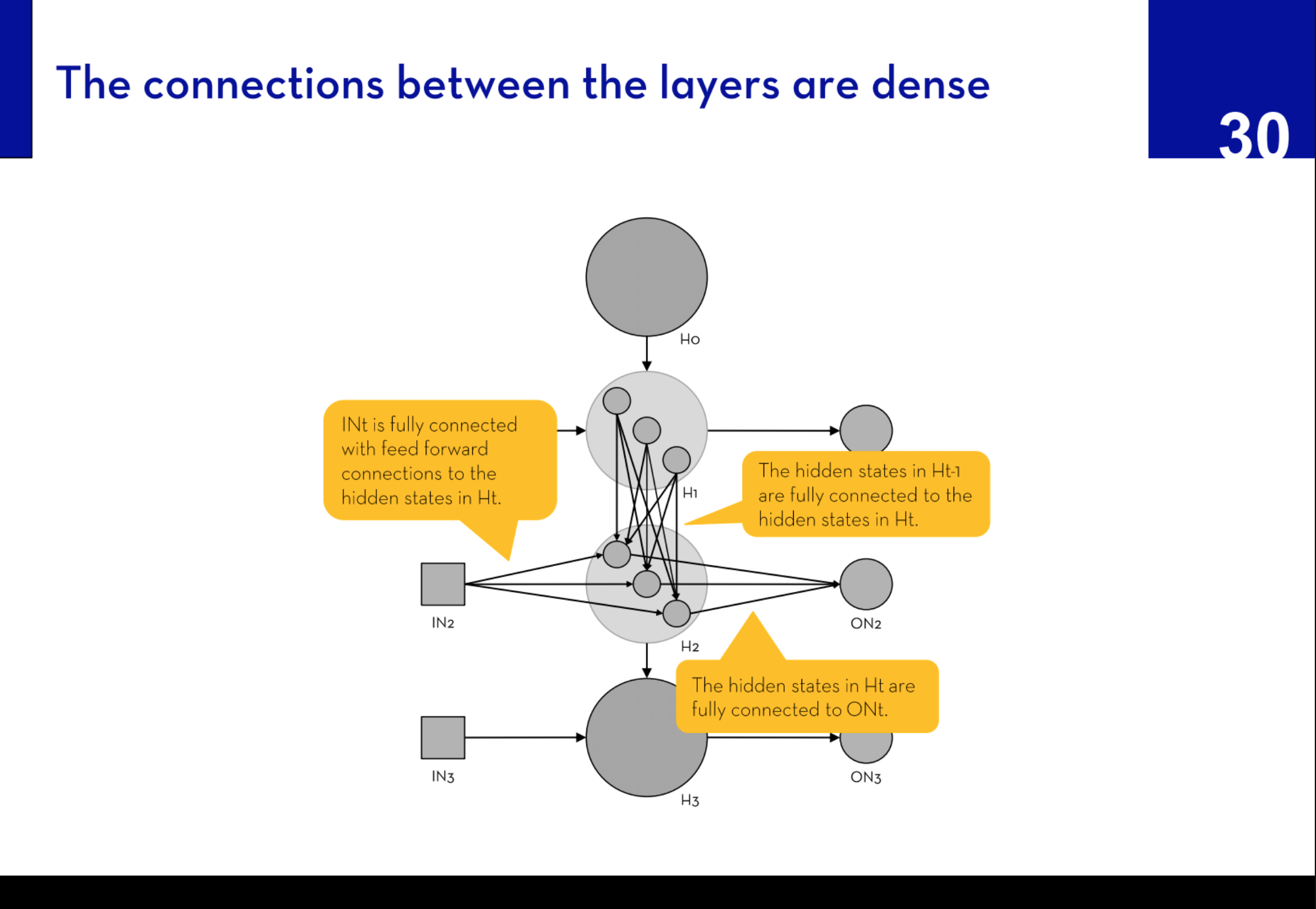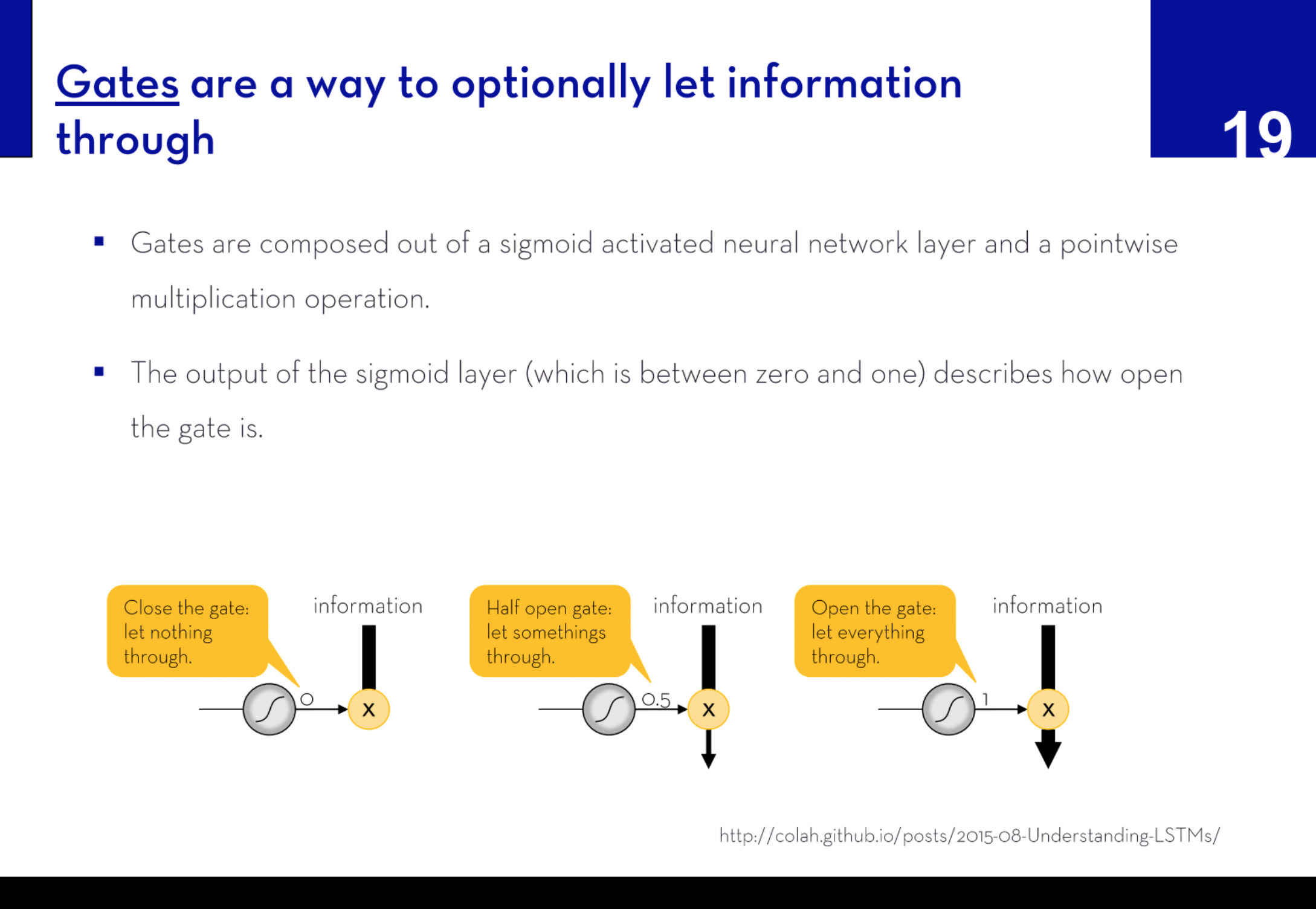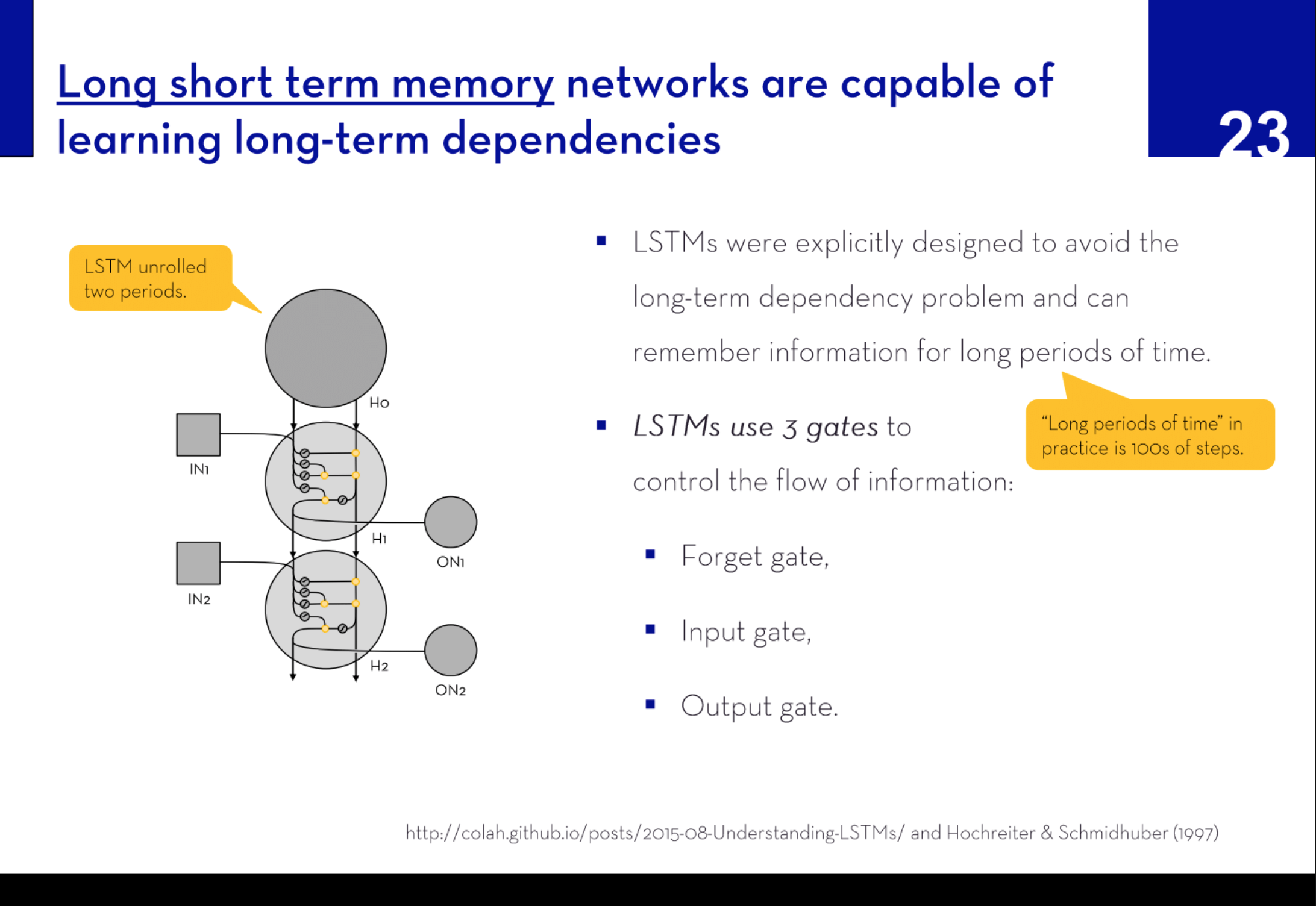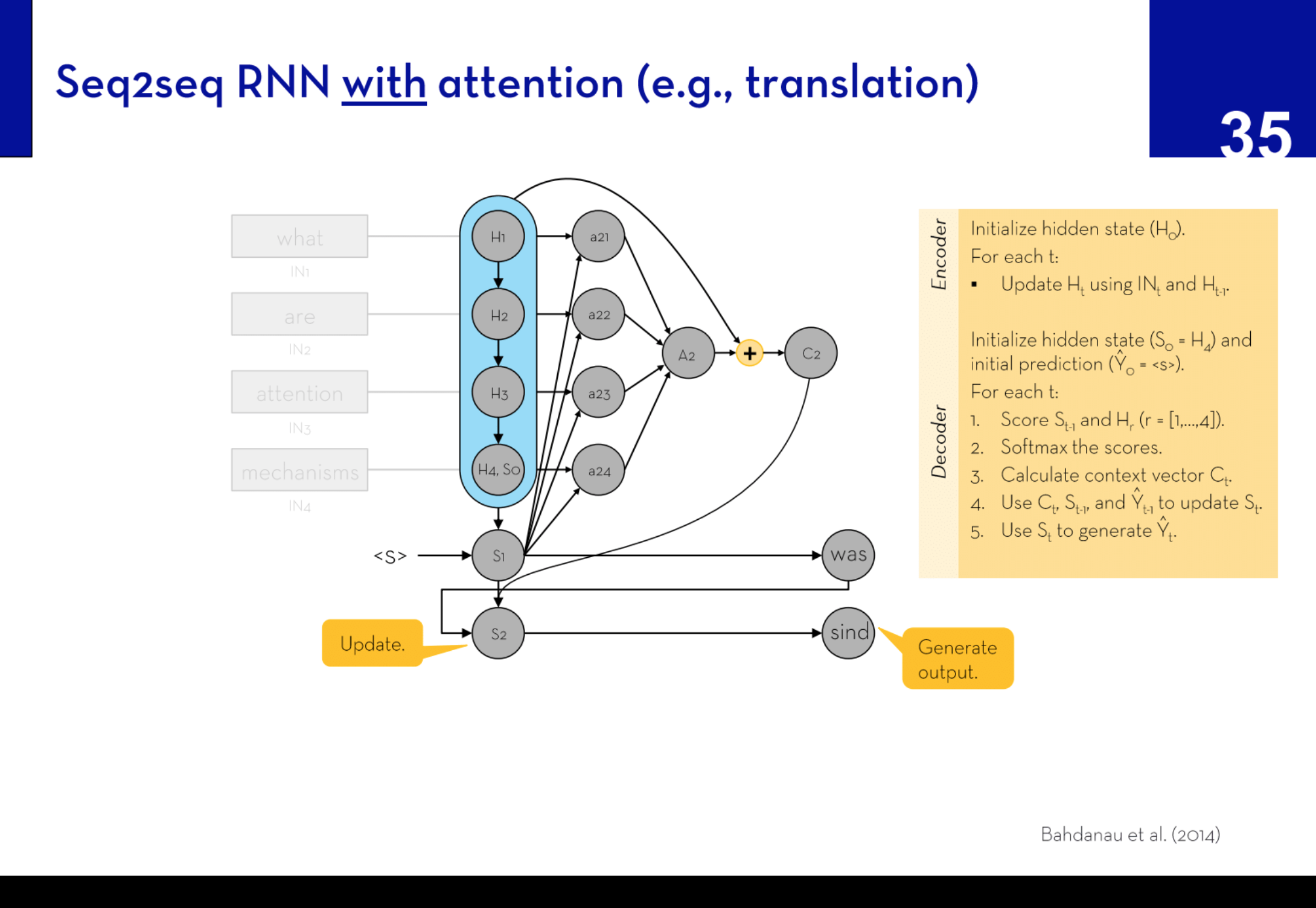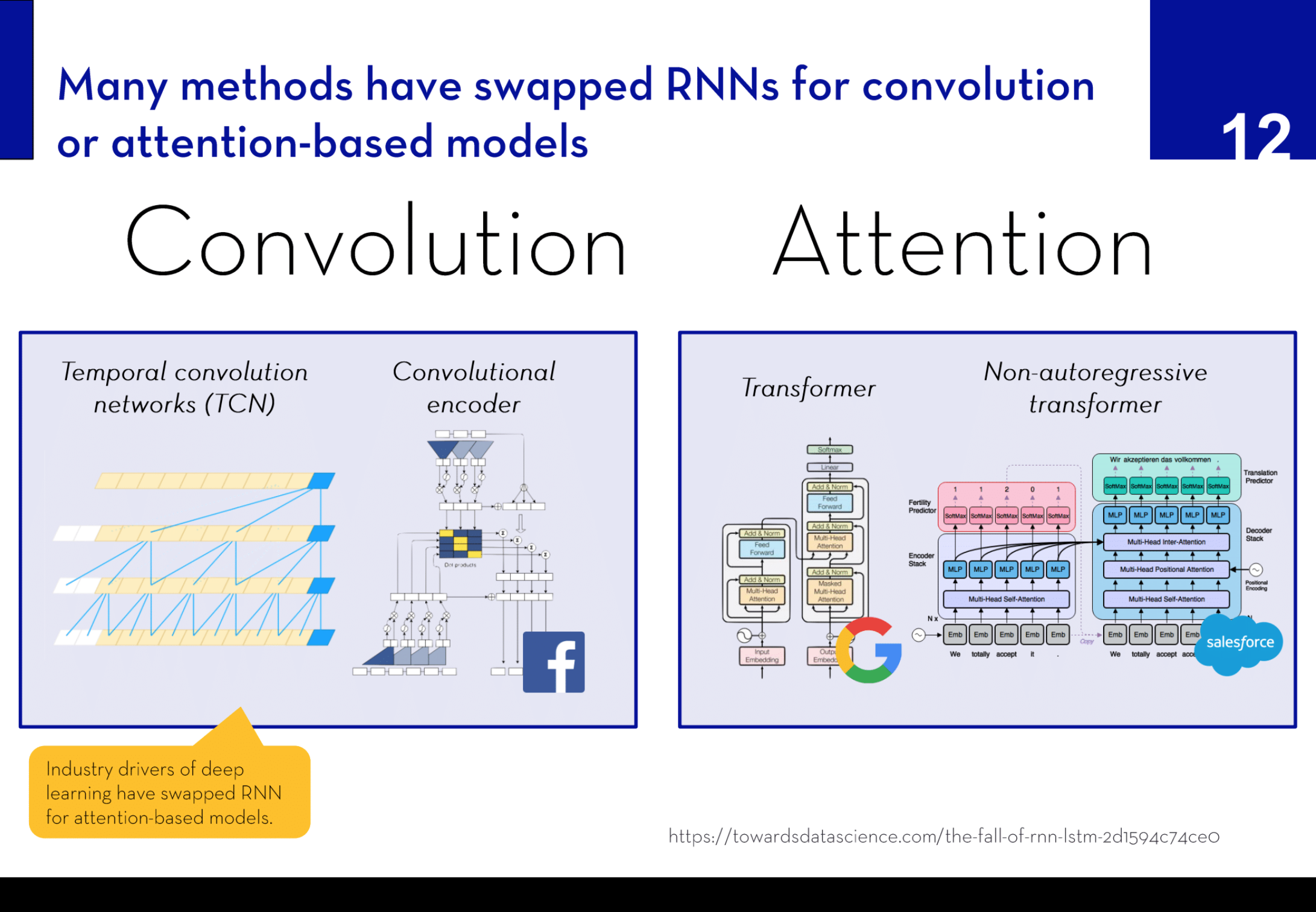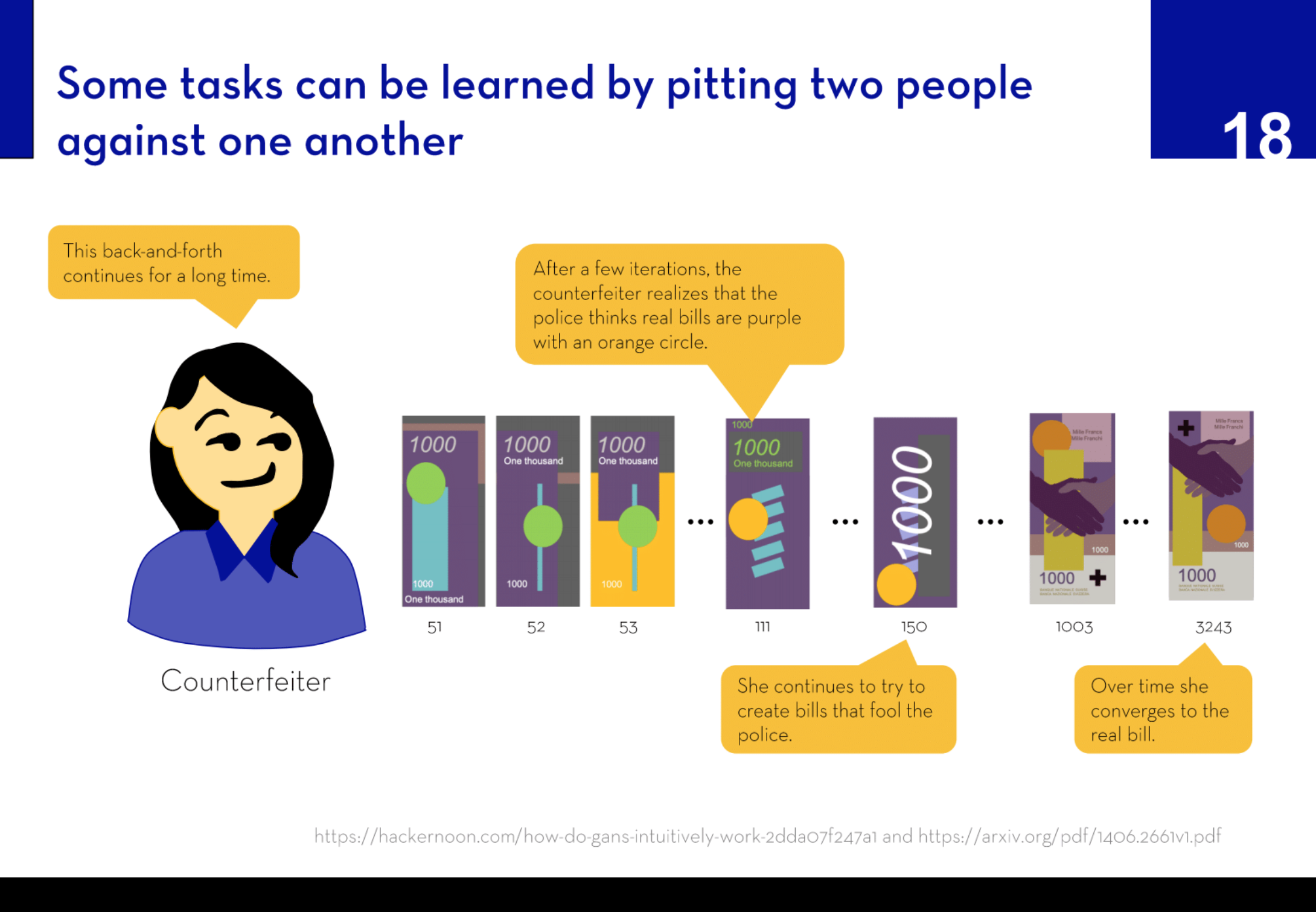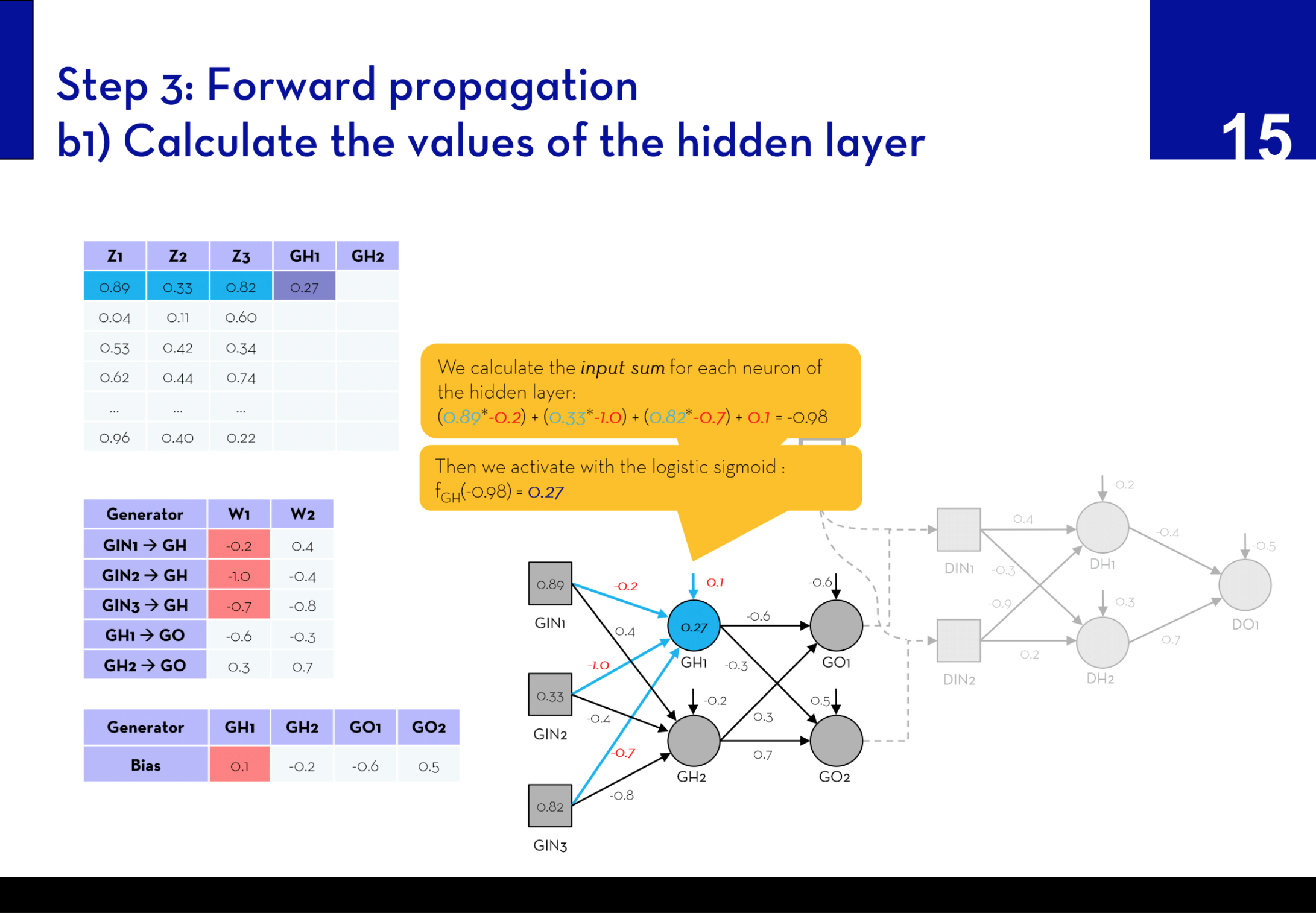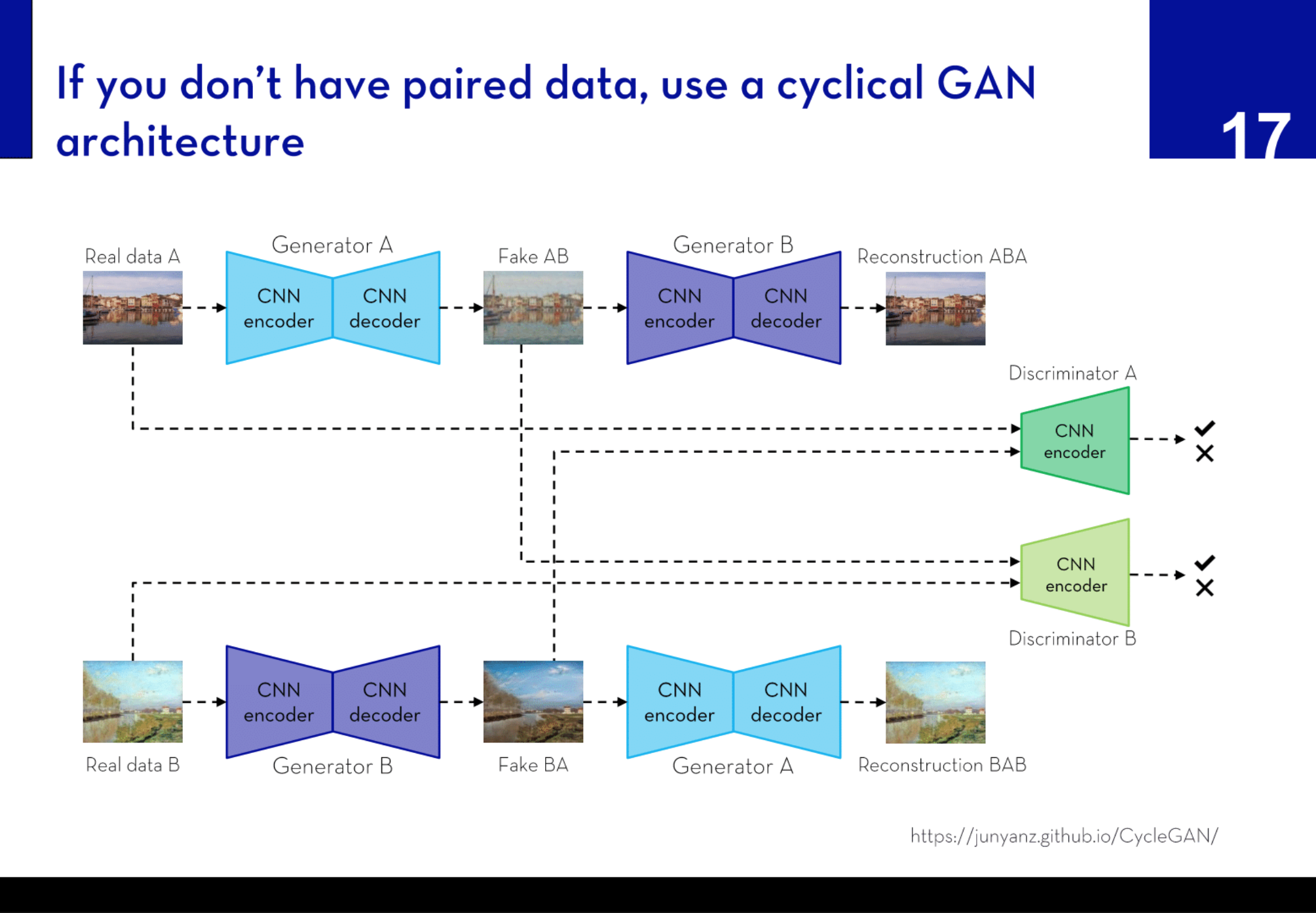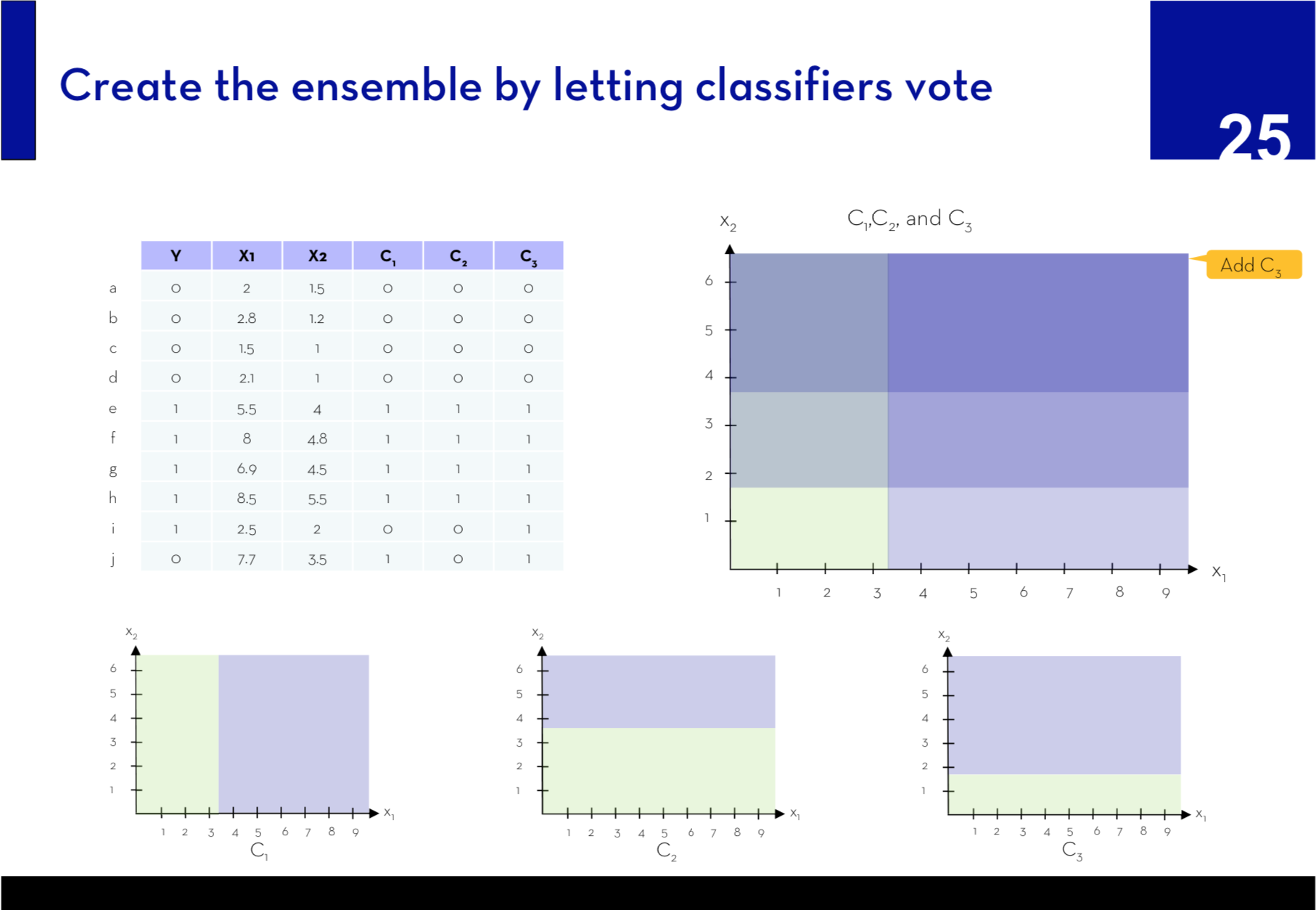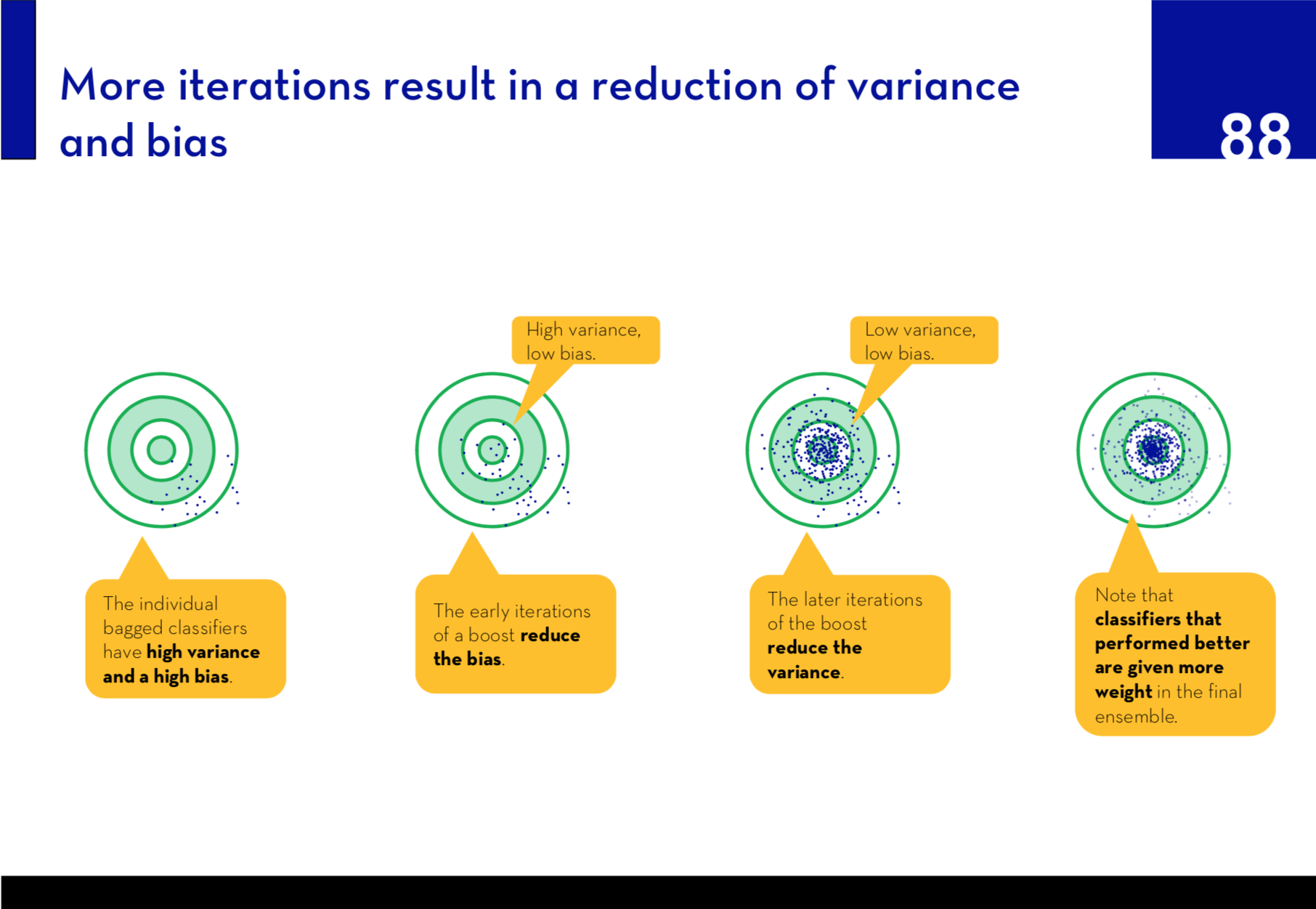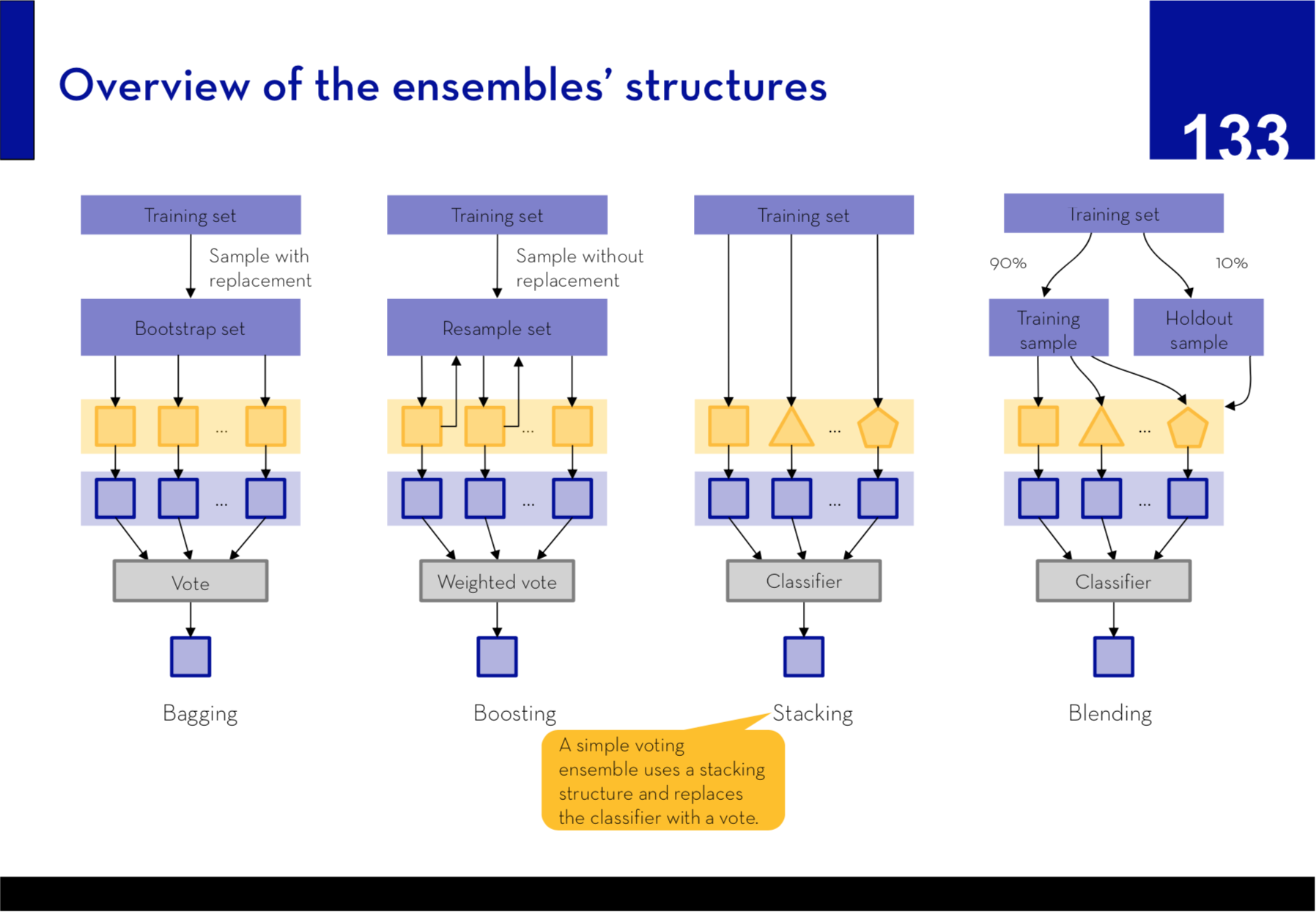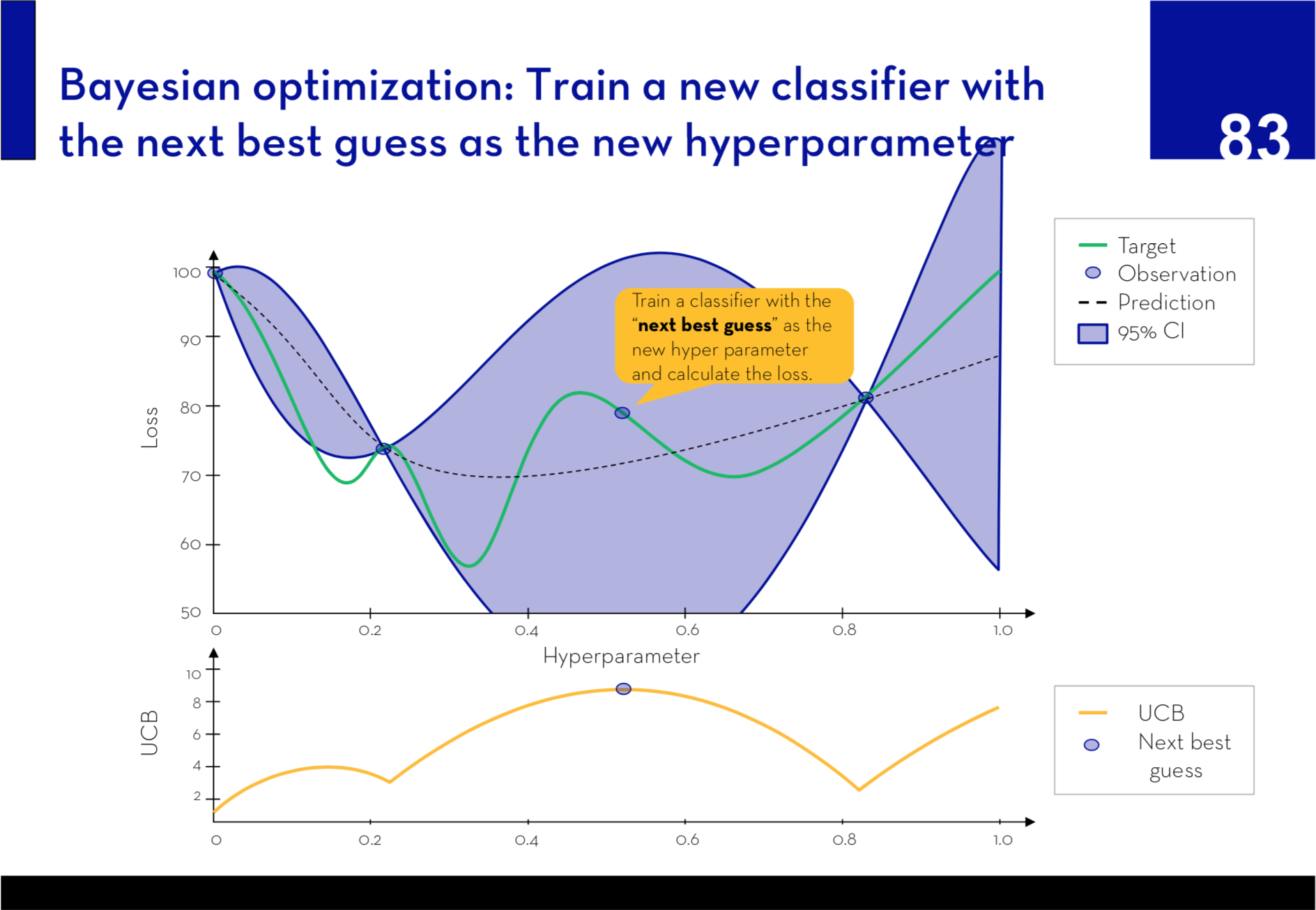I like making complex topics simple.
In my teaching, I focus on making complex concepts in machine learning and deep learning as intuitive and accessible as possible. During my time as a co-lecturer in both the machine learning and deep learning courses at the University of Zurich, I took great care in designing lecture content that allowed students to grasp challenging material without unnecessary barriers. For the deep learning lecture, where I was a full co-lecturer and led all content creation, my goal was to ensure that students could engage with the material from the start, enabling them to focus on applying the concepts rather than struggling with the basics.
Creating intuitive, student-centered learning experiences has always been my priority. Whether it was developing materials for marketing and market research courses or leading lectures on machine learning, I aimed to break down complicated topics into clear, digestible lessons. By making the content approachable, I helped students gain confidence in their ability to master advanced topics, allowing them to dive deeper into their learning journey with ease.
How to use Deep Learning for Marketing?
Master Seminar co-taught with Markus Meierer
Summary: In this seminar, marketing students were introduced to the concept of deep learning. The lecture series offered an in-depth exploration of feed-forward neural networks, including multi-layer perceptrons (MLPs), convolutional neural networks (CNNs), recurrent neural networks (RNNs), and generative adversarial networks (GANs).
The initial sessions of each module explored the mechanics of forward and backpropagation, building upon the foundational principles established using single-layer feed-forward networks. The lectures then expanded into advanced topics covering how to optimize neural network performance. These sessions included modifying neural network architectures, exploring alternative models, and employing strategies to evaluate performance effectively. Practical tips were provided on how to achieve better convergence, reduce overfitting, and minimize memory and computational demands—key considerations in real-world applications.
The students then applied their learned skills by designing a neural network in groups, aimed at solving a specific business problem. This project-based approach not only reinforced theoretical knowledge but also enabled students to gain practical experience and develop the skills essential for applying these models in future scenarios.
Download sample lecturePreview of slides:
Machine Learning – A Non-Technical Introduction with Applications to Marketing.
Master lecture co-taught with Markus Meierer
Summary: In this lecture, students were introduced to the concept of machine learning, covering various techniques and their integration into the broader data workflow. The course covered a wide range of topics starting with the machine learning pipeline, emphasizing how it fits within the larger context of data handling and processing.
Key topics addressed in the course included k-nearest neighbors (KNNs), logistic regression, lasso and ridge regularization, support vector machines (SVMs), random forests, neural networks, along with advanced techniques like bagging, boosting, and ensembles. A distinctive feature of our approach involved breaking down each method to its core components. Students uses over-simplified toy datasets to train each model, which significantly enhanced their understanding of the underlying mechanisms and how to fine-tune model parameters.
Further, the course explored the critical aspects of model evaluation, discussing the trade-offs between bias and variance, which are crucial for developing robust machine learning models. Additionally, we introduced practical strategies for deploying trained machine learning models, providing students with a well-rounded foundation to not only understand but also implement machine learning solutions effectively.
Download sample lecturePreview of select slides:

